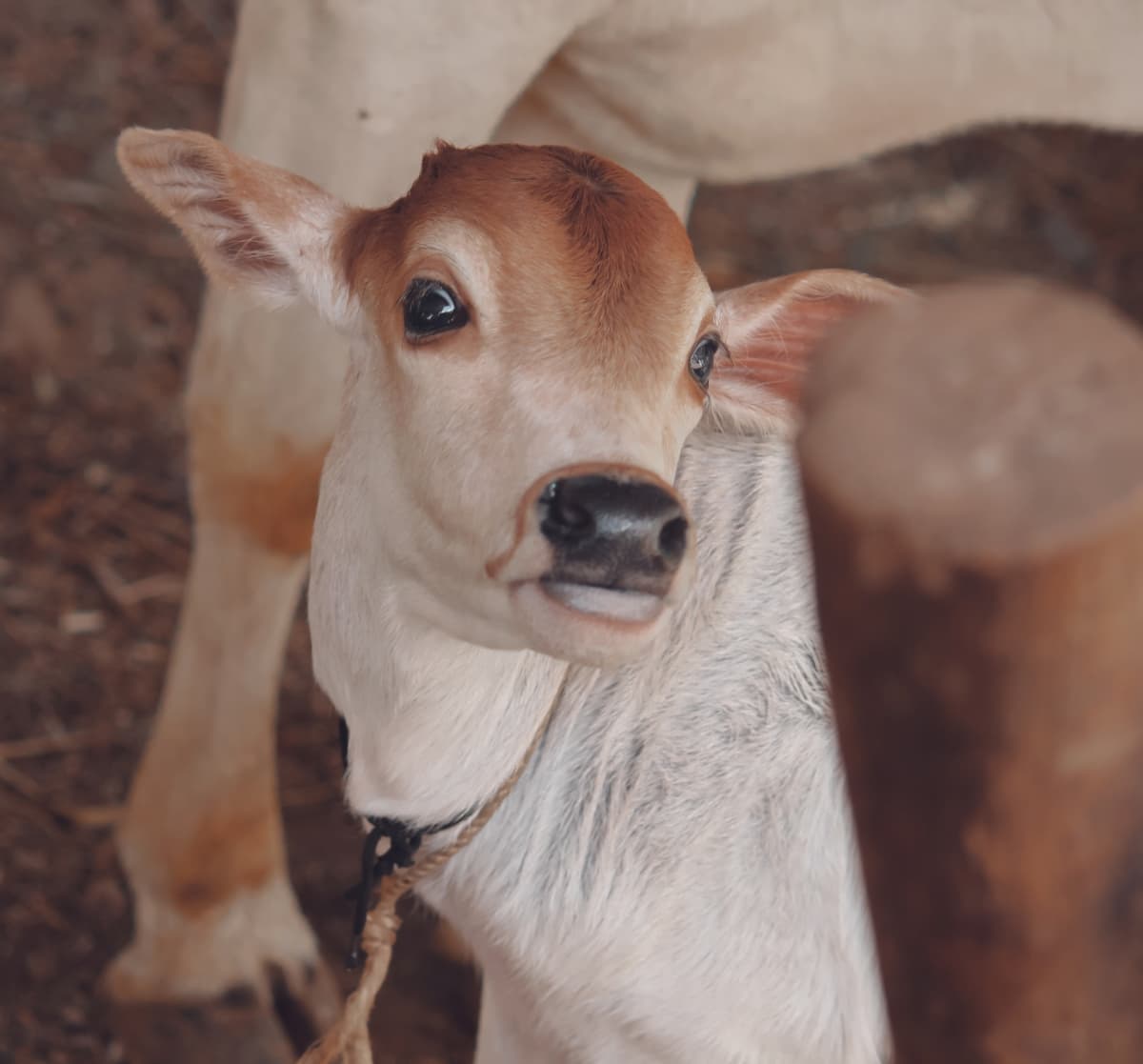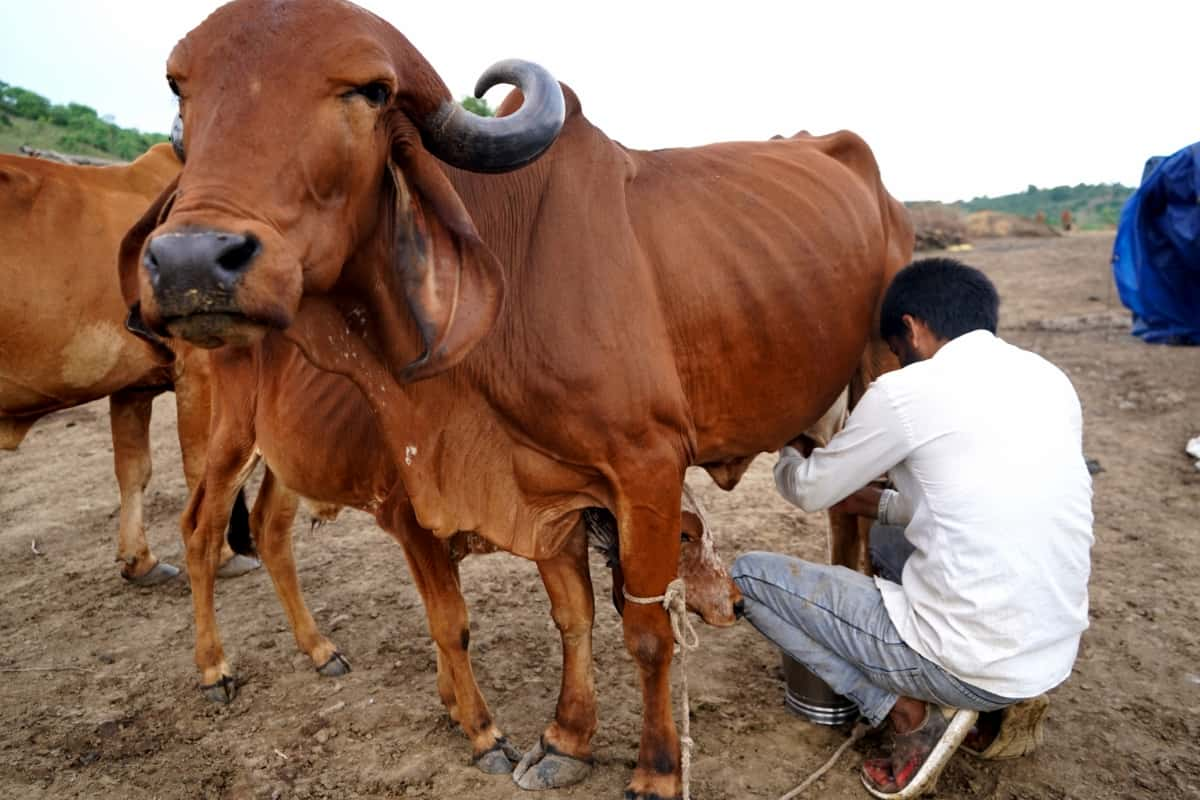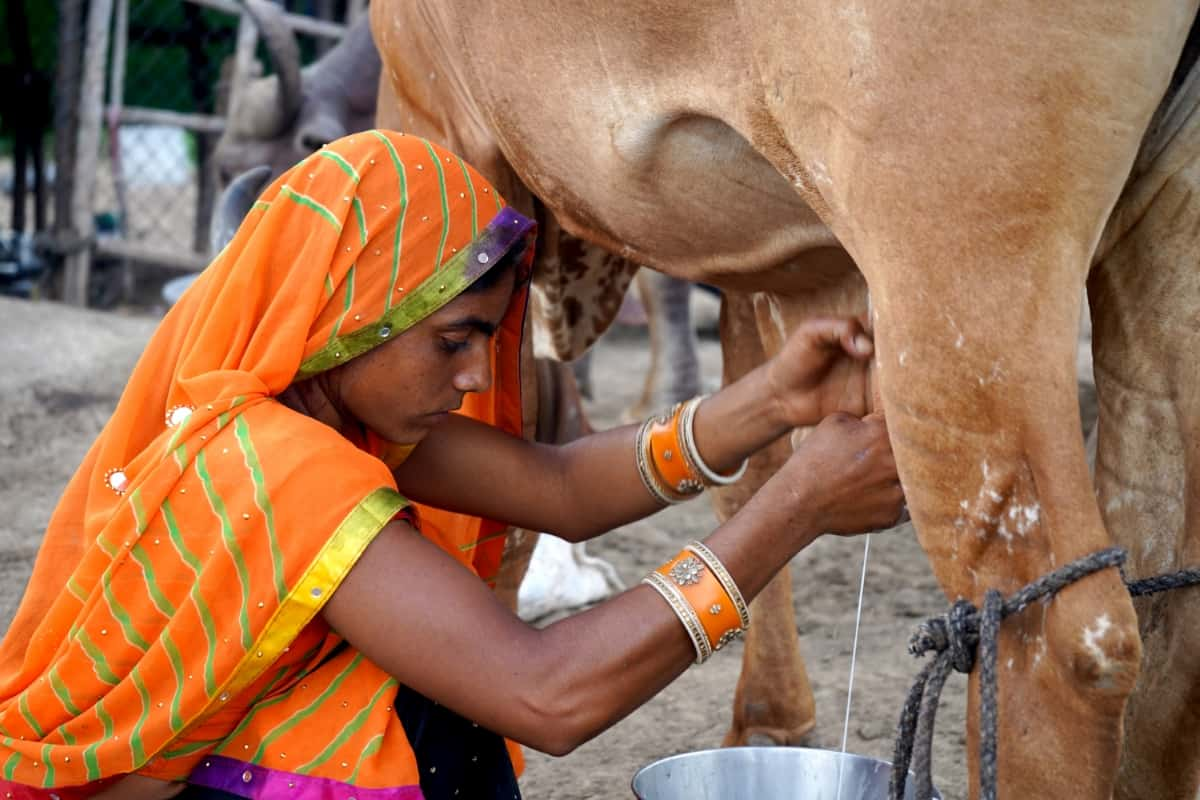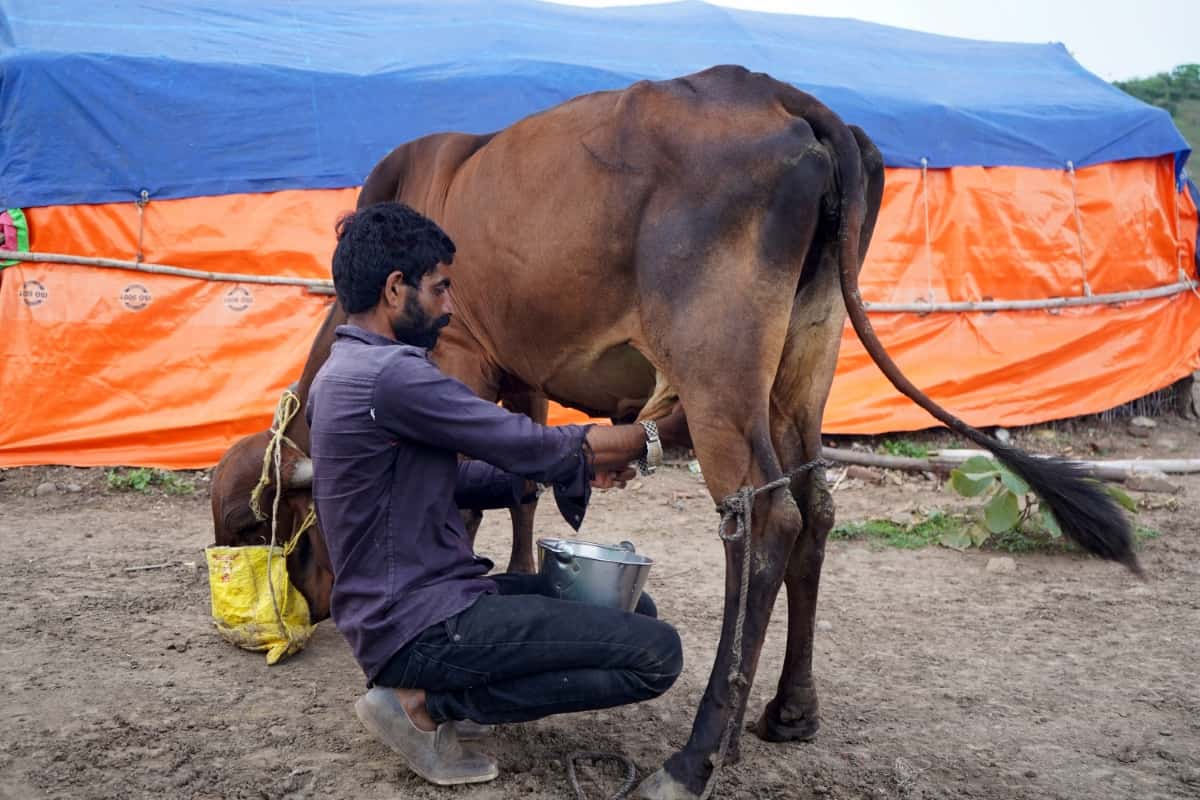Everything you need to know about desi cow farming starts with understanding the basics of this traditional form of dairy farming, which has recently gained attention for its sustainable and organic approach. Desi cow farming is not just a means of livelihood but also a way to maintain biodiversity and promote organic farming practices.

When considering starting a desi cow farm, it’s essential to understand the various aspects such as the dairy farm business plan, dairy farming project, requirements for dairy farming, and dairy farming business plan. These aspects are crucial, especially if you are looking at a specific scale, such as 10 cow dairy farm income or even 5 cow dairy farm income per month, as these figures can guide you in setting realistic goals and expectations for your farming venture.
Everything You Need to Know About Desi Cow Farming
Benefits of Desi Cow Farming
Desi cow farming offers numerous benefits, making it a viable and attractive option for farmers and entrepreneurs. The primary advantage is the high-quality milk produced by desi cows, which is rich in nutrients and has a unique taste. This milk is in demand for its health benefits and is often sold at a premium price, contributing significantly to the 10 cow dairy farm income per month or 5 cow dairy farm income per month, depending on the scale of the operation.
Additionally, desi cow farming is eco-friendly and promotes sustainable agricultural practices. The cows are generally more adaptable to local climatic conditions and resistant to diseases, reducing the need for intensive healthcare and maintenance. The manure from these cows is a valuable by-product, used as a natural fertilizer and for biogas production, further enhancing the farm’s profitability and sustainability.
Desi Cow Breeds Suitable for Farming
When delving into desi cow farming, selecting the right breeds is crucial for success. There are several breeds well-suited for dairy farming in different regions. The Gir cow, known for its high milk production and resistance to various diseases, is a popular choice. The Sahiwal, another resilient breed, is renowned for its ability to thrive in hot climates while still producing a significant amount of milk.
The Red Sindhi is another breed favored for its good milk yield and adaptability. The Tharparkar and Rathi breeds are also well-suited for dairy farming, known for their endurance and quality milk production. Choosing the right breed depends on factors like the local climate, the type of fodder available, and the specific goals of the dairy farming project, such as the target dairy farm income per month.
Feeding and Nutrition for Desi Cows
The success of a dairy farming business plan heavily relies on the feeding and nutrition provided to the cows. Desi cows require a balanced diet that includes forage, grains, minerals, and vitamins to ensure optimal health and milk production. The formulation of the diet should take into account factors such as the cow’s age, weight, health condition, and milk production rate.
High-quality fodder, which can be a mix of grass, legumes, and silage, forms the basis of their diet. Supplementing this with grains and mineral mixes can help in meeting their nutritional needs. Proper feeding not only boosts milk production, thus impacting the dairy farm income but also keeps the cows healthy, reducing the expenses on healthcare and improving the overall profitability of the farm.
Housing and Shelter for Desi Cows
Proper housing and shelter are crucial components of a dairy farming project. Desi cows need a comfortable and safe environment to thrive and produce milk efficiently. The cowshed should be spacious, well-ventilated, and clean to prevent diseases and ensure the cows are stress-free. It should protect the cows from extreme weather conditions, be it heat, cold, or rain.
In case you missed it: Dairy Farm Project Report With 10 Cows: Cost and Profits with ROI Calculations

The design of the cowshed should allow for easy movement of the animals and efficient management of the farm. Additionally, proper waste management systems should be in place to maintain hygiene and utilize manure as a resource. Good housing conditions directly affect the health and productivity of the cows, which in turn influences the dairy farm income.
Healthcare and Disease Management in Desi Cow Farming
Effective healthcare and disease management are vital for maintaining a healthy herd and ensuring consistent milk production. Regular health check-ups, vaccinations, and timely treatment of illnesses are essential. Farmers must be vigilant about signs of diseases and should have a good understanding of common ailments that affect desi cows.
Preventive measures, such as maintaining hygiene in the cowshed and ensuring a balanced diet, play a significant role in disease prevention. Access to a qualified veterinarian and a well-thought-out healthcare plan are crucial elements of the dairy farming business plan. Effective healthcare management not only ensures the well-being of the cows but also minimizes losses, thereby positively impacting the dairy farm income.
Breeding and Reproduction in Desi Cows
Breeding and reproduction are key aspects of desi cow farming, directly impacting the sustainability and growth of the farm. A well-planned breeding program is essential for maintaining a healthy and productive herd. Selecting the right bulls for breeding or using artificial insemination with high-quality semen can lead to the birth of healthy calves and improvement in milk production.
Monitoring the reproductive health of the cows, understanding their heat cycles, and ensuring timely mating are crucial. Proper care of pregnant cows and calves is also important for the continuity of milk production and overall growth of the dairy farm. Efficient breeding and reproduction strategies are vital components of the dairy farming business plan, influencing the overall success and profitability of the farm.
Milking Techniques and Dairy Products from Desi Cows
Milking techniques play a crucial role in the efficiency and profitability of desi cow farming. It’s essential to employ methods that are gentle on the cows and hygienic to ensure the quality of milk. Hand milking is common, but machine milking is gaining popularity for its efficiency and consistency. Proper training of staff in milking techniques is vital to prevent injury to the cows and contamination of milk.
In case you missed it: Zebu Cow Breed: Origin, Characteristics, Price, Life Span, Appearance, and Temperament

The dairy products from desi cows, such as milk, ghee, cheese, and yogurt, are highly valued for their nutritional quality and unique taste. These products often fetch a higher price in the market, significantly contributing to the dairy farm income. Creating a diverse range of dairy products can be a strategic move in the dairy farming business plan, opening up additional revenue streams and enhancing the farm’s profitability.
Economic Viability of Desi Cow Farming
The economic viability of desi cow farming is a critical aspect to consider. This involves analyzing the initial investment, operational costs, and potential income. Factors like the cost of purchasing cows, setting up the farm, feeding, healthcare, and labor all contribute to the expenses. The income from the farm depends largely on the milk yield, the price of milk and dairy products, and any additional income from by-products like manure.
A well-planned dairy farm business plan should include a detailed financial analysis, taking into account the potential income from different scales of operations, such as ten-cow dairy farm income or five cow dairy farm income per month. With effective management, desi cow farming can be quite profitable, especially when combined with value-added dairy products and sustainable farming practices.
Sustainable Practices in Desi Cow Farming
These practices include efficient water management, organic farming methods, utilizing renewable energy sources, and implementing waste recycling systems. The use of organic feeds and natural healthcare practices reduces the dependence on chemicals, promoting the health of the cows and the quality of milk.
In case you missed it: How to Start Holstein Friesian Cow Farming in 10 Steps

Manure management, such as composting and biogas production, turns waste into valuable resources. Sustainable farming practices not only align with the growing consumer preference for organic and eco-friendly products but also help in reducing operational costs, thus positively impacting the dairy farm income.
Conclusion
Desi cow farming, with its array of benefits and sustainable approach, presents a promising opportunity in the agricultural sector. From selecting the right breeds and providing optimal feeding and nutrition to ensuring proper housing and healthcare, each aspect plays a crucial role in the success of the farm.
- Feed Your Flock for Less: Top 10 Tips to Save on Chicken Feed
- Ultimate Guide to Ossabaw Island Hog: Breeding, Raising, Diet, and Care
- Hatching Answers: The Top 10 Reasons Your Chickens Aren’t Laying Eggs
- Eggs and Economics: Breaking Down the Cost of Raising Backyard Chickens
- Defend Your Greens: Proven Methods to Keep Iguanas Out of Your Garden
- Ultimate Guide to Cinnamon Queen Chicken: A Comprehensive Guide for Beginners
- Ultimate Guide to California Tan Chicken: Breeding, Raising, Diet, Egg-Production and Care
- Ultimate Guide to Marsh Daisy Chicken: Breeding, Raising, Diet, and Care
- 10 Types of Chicken Farming Businesses You Can Start for Profits